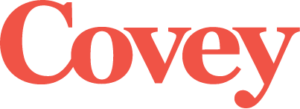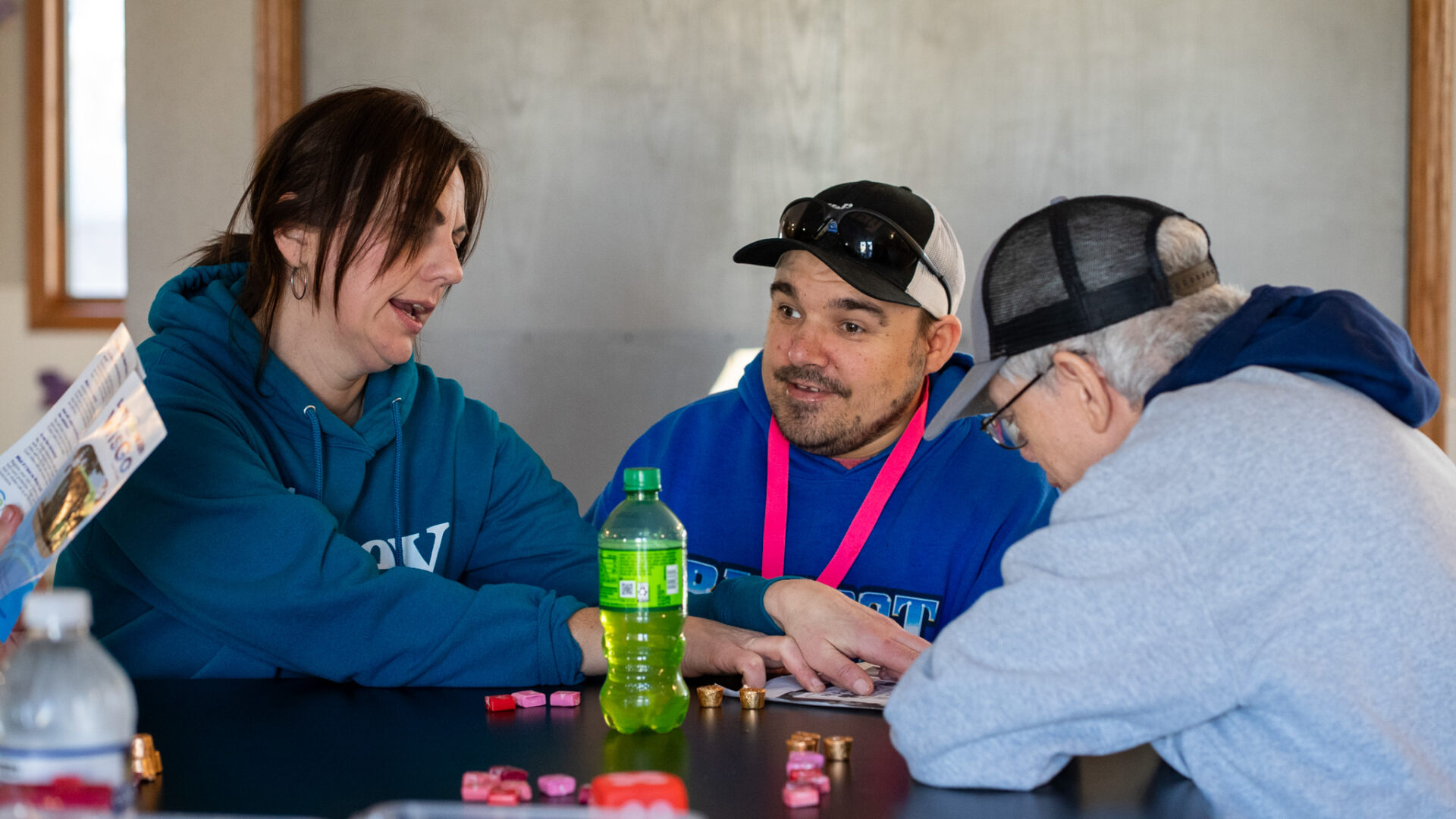Social isolation is an epidemic felt across the world. And now in the days of COVID-19, it’s more rampant than ever. As if fearing for the health of ourselves, our loved ones, and the economy isn’t overwhelming enough, we now have the crushing presence of isolation to contend with.
Causes of Loneliness
- A lack of social contact with friends
- A lack of emotional “connection” with friends and society
- A lack of day-to-day participation in society
- Conflicts with family and friends
Side Effects of Loneliness
- Negative feelings
- Depression
- Chronic illness
- Poor life choices
Think about how lonely you’re feeling right now, with little to no interaction with your family and friends. With less freedom to go out and about your business, and less opportunities to be present in the community. Unfortunately, the despair we’re feeling today is the everyday norm for many people with disabilities.
Due to a lesser degree of independence and fewer emotional and social relationships, individuals with intellectual and developmental disabilities (I/DD) are at a greater risk for experiencing loneliness than those without.
Creating Connections With Social Media
Social engagement is vital for everyone. The amount we need varies by personality. Some people are indeed more “homebodies” by choice, while others wish for more outside interaction, but do not have the means to interact the way they would like.
While the challenges of social isolation remain very real, in today’s digital age, individuals with disabilities are able to leverage social media outlets to improve their quality of life, grow their circle of friends, and reduce feelings of isolation. Platforms such as Facebook, WhatsApp, Snapchat, Instagram, YouTube, and others can provide a way for individuals with disabilities to make connections and develop social skills that may translate to greater confidence in real-world encounters.
Disability YouTube Influencers
Historically, people with disabilities are often misrepresented. This is because the vast majority of representations of people with developmental disabilities in the media are delivered by people without disabilities. With proper guidance and tools, however, individuals with disabilities can become the creators of their own content, and represent themselves how they choose. In fact, there are many positive influencers in the YouTube universe, including:
- Chris Ulmer, a former special education teacher, hosts Special Books by Special Kids. He travels the world, interviewing people of all ages with disabilities and gives them a voice.
- Zach Anner is a YouTuber and comedian known for his humorous and frank discussions about living with cerebral palsy.
- Josh Sundquist is a motivational speaker and paralympic who uses ironic Halloween costumes to promote self-acceptance.
- Angie and Ruby are a mother/daughter duo on a mission to make the world more inclusive. Ruby is a teenage girl living with a rare condition called Stromme Syndrome.
- Lauren “LOLO” Spencer runs a body-positive YouTube series called Sitting Pretty on which she talks about her life as a person with physical disabilities, wheelchair fashion, dating, and more.
Social Media and Safety
Social media can play an important role in supporting the empowerment and participation of individuals and groups by enabling networking and improving self-esteem. By increasing the frequency and quality of their social interactions, they can develop meaningful relationships and reduce feelings of loneliness.
Social Media Safety Tips
- Create a reminder card of what content is appropriate to post online and what isn’t.
- Help them create a password that is unique and easy to remember. Write this password down and keep in a secure spot.
- Set up their security answers in case they lose their password or have issues logging in.
- Encourage them to be selective with friend requests.
- Help them customize their privacy settings to control who sees their content.
- Teach them what to do in case they encounter trouble.
How to Deal With Cyberbullies
The final point in the above section is important to note, because although social media can be a great place to broaden horizons and meet friends, there are people who will bully or try to take advantage of people with disabilities. If this happens, ensure your loved one knows to follow these guidelines:
- Do not delete anything. Take screenshots of the negative messages as the bully may edit or delete their own comments.
- Tell a trusted adult immediately. You don’t have to go through this alone. Having someone to talk to and help navigate the situation will help alleviate stress.
- Report and block. Once you’ve taken screenshots of the harassment, report the account to the social network and then block them.
- Contact law enforcement if necessary. This is appropriate if the bully is sending threats and you have reasons to fear for your safety.
- Don’t believe them. Being bullied can lead to low self-esteem, anxiety, and depression. Instead, know that you are amazing and a joy to be around.
Cyberbullying is a serious issue, and it’s true that individuals with disabilities may be at a higher risk than the general population. However, with added supervision and clear rules, these negative situations can be overcome and even avoided, making way for a positive network of friends.
Build Connections at Covey
Loneliness stems from the absence of connection. Therefore, when individuals with disabilities connect on social media, they do more than bridge this void. Now, they have an outlet that empowers them to interact with others and create their own content.
At Covey, we do more than connect with our clients. Within our portfolio of unique services, we also offer classes on life-enriching topics such as how to use social media safely and successfully.
Visit our Facebook page or covey.org to learn how you can help your loved one discover a whole new social community.

